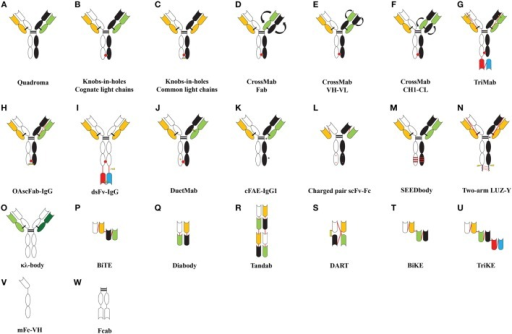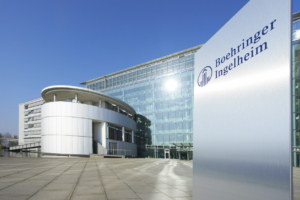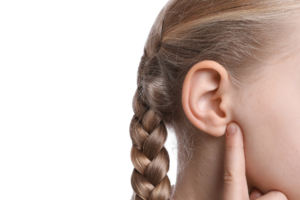
Oxford BioTherapeutics in $450 deal with Wuxi Biologics
Immuncheckpoint specialist Oxford BioTherapeutics has licenced the right to develop five bispecific antibodies for combination therapies using Wuxi Biologics' WuXiBody platform.
Combining OxfordBioTherapeutic’s novel second generation immunoncolocy medicines with a major check-point pathway into a single entity, with potential broad utility across many solid and liquid tumor types, is designed to generate novel therapies for patients who do not benefit from existing IO medicines," said said Dr. Christian Rohlff, CEO of Oxford BioTherapeutics.
OBT’s has currently two clinical programmes: MEN1112 (OBT357), an antibody-dependent cell-mediated cytotoxicity (ADCC) candidate targeting Bst1/CD157-expressing AML blasts & leukemic stem cells os currently in a Phase I dose escalation trial for relapsed/refractory Acute Myeloid Leukemia. MEN1309 (OBT076) is a DM4 ADC targeting CD205 in triple-negative metastatic breast cancer, bladder and pancreatic cancers as well as Non-Hodgkin Lymphoma undergoing a Phase I dose escalation trial.
Oxford BioTherapeutics has also identified a ligand/receptor pair it believes to regulate tumour-directed T- cell activity independently from the PD1/PD-L1 axis: The company has an antibody in early preclinical development that targets this OX001R/OX001L receptor-ligand axis. The receptor (OX001R) is expressed on activated CD8+ T cells and functions as a co-stimulatory molecule. The ligand (OX001L) is expressed on various solid cancer cells including NSCLC and SCLC. According to the company, downregulation of OX001L correlated with poorer prognosis. A first bispecific combining OX001R with PD-L1 has been constructed and tested in vitro.
Oxford BioTherapeutics wants to combine its antibody with additional immune checkpoint targeting antibodies using Wuxi’s platform to widen the patient population responding to cancer immune therapy. Wuxi claims to be able to develop stable bispecifics within 6-18 months of time with a yield of up to 16g/l and 95% purity. OBT uses a 3D explant model that allows ex-vivo culture of patient derived tumour material to identify new relevant cancer targets.



 Boehringer Ingelheim
Boehringer Ingelheim Olga Yastremska, New Africa, freepik
Olga Yastremska, New Africa, freepik